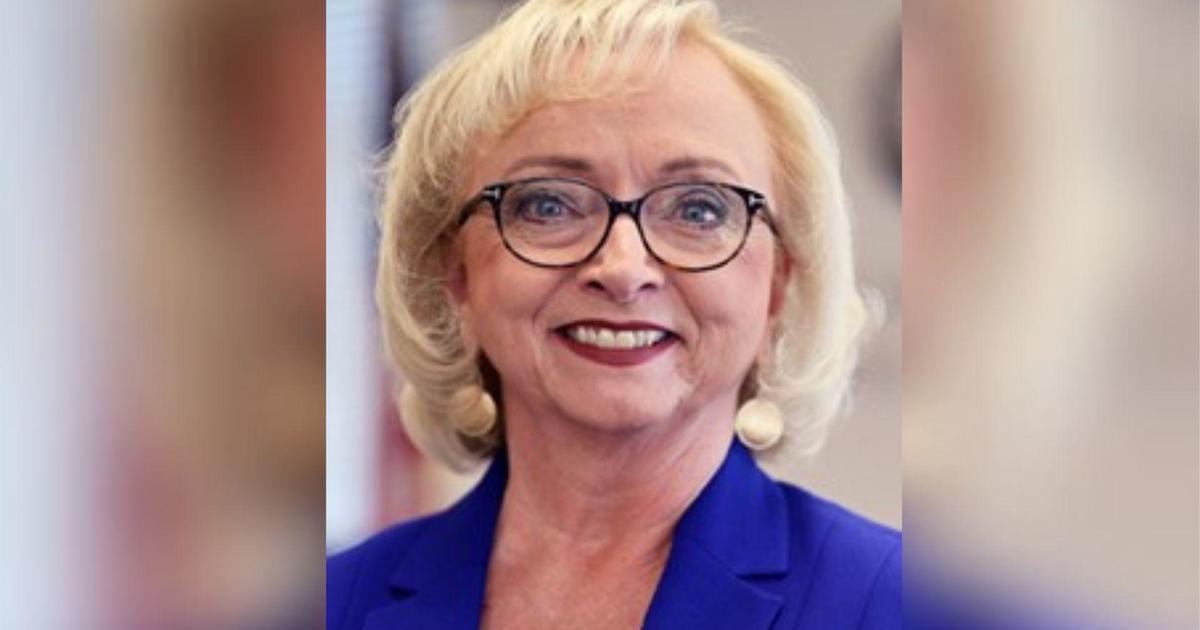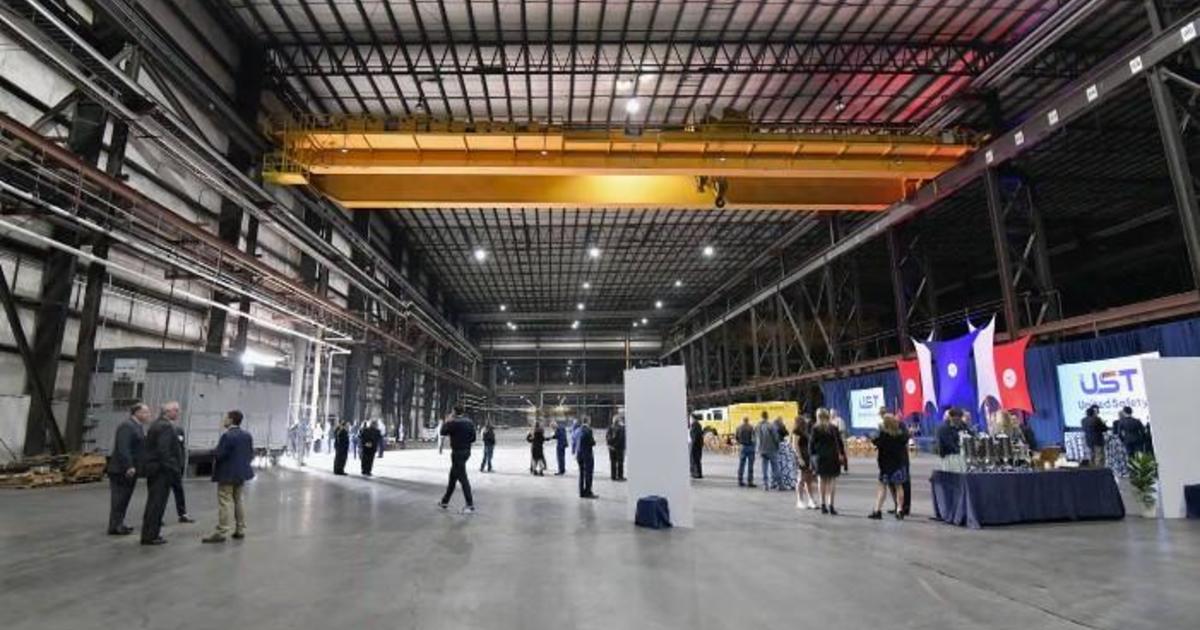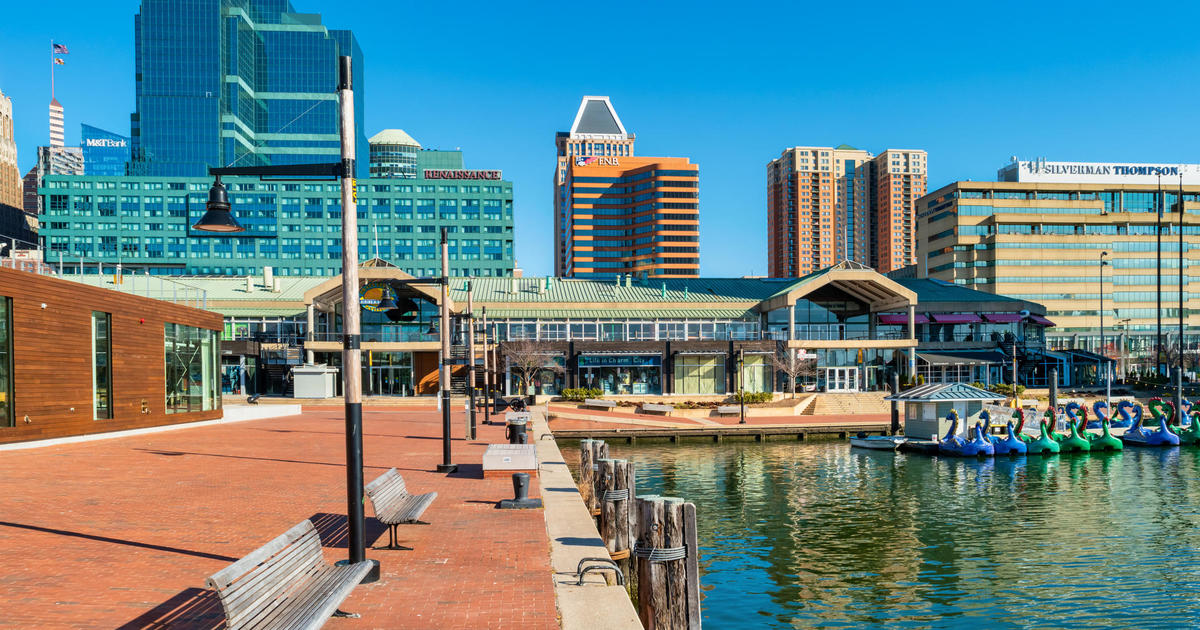2018 Maryland Primary Candidate | Alec Ross
Alec Ross is a Democrat vying for the governor's seat in Maryland. He must face off with seven other candidates in the Maryland primary. These are his unedited answers to WJZ's questionnaire.
Name: Alec Ross
Age: 46
Hometown: Charleston, West Virginia
Current Town/City of Residence: Baltimore, Md.
Political platform:
I believe that talent is everywhere in Maryland, but opportunity is not; and that needs to change. I have spent my entire career in public service and believe that we need to elect leaders who can help us move into an ever-changing future.
We are at an inflection point in both our politics and economic future as a country, and it is more important than ever that we elect leaders who can help us navigate the years to come. I am a leader who can be counted on for transparency, innovation, and compassionate policy. I have spent my career looking at what's next and helping prepare people and organizations to compete and succeed in a changing world. I don't think the same-old, same-old politicians and policies are going to best serve Marylanders, and I promise that as your governor, I will work every day on behalf of the diverse communities and individuals that call our great state home. Together, we can face the future with confidence.
Tell us about your experience
I began my career as a Baltimore City Public Schools teacher and then went on to found a non-profit focused on technology skills training for underserved populations. That led to me leading technology policy for Barack Obama and working for many years in his administration, notably as the Senior Adviser on Innovation at the State Department. My specific experience working as an executive in government managing massive programs across many departments and agencies uniquely equips me for the role. Given my time as a teacher, I am acutely aware of the everyday feats it takes to serve the youth in our state, and after my time in government, I am also equipped to lead our state as we improve how we fund and manage one of our most important assets - our education system. Throughout my career, I have been a progressive leader and policy maker on a number of important issues - be it broadband internet access, net neutrality, environmental issues, transparency and openness in government, or holistic economic development, to name a few. When I am governor of Maryland, it will be no different.
Tell us about your family:
My wife Felicity and I live in Baltimore City with our three children, Colton, 15, Tehle, 13, and Sawyer, 11. Felicity and I met when we were young teachers at Booker T. Washington Middle School on Baltimore's west side. We have lived in Baltimore our entire adult lives and proudly call Maryland home. Felicity is still an educator in Baltimore's public schools and has routinely been recognized as one of the city's best math teachers. Our children all attend Baltimore City Public Schools, the oldest at Baltimore Polytechnic Institute and the youngest ones at their neighborhood school. We are a tight-knit bunch who love this state and are passionate about seeing it succeed in the future.
What do you view as Maryland's most pressing issues?
I believe that our state is at a crossroads in many ways, and that we have the chance to seize and improve opportunities available to those in our state, or watch ourselves slowly fall behind. For one, we must reform and improve our public education system in Maryland. Education is the starting point for addressing nearly every societal need, and for that reason, we must prioritize equitable, innovative educational programs for our children. Additionally, we need to help all Marylanders improve their economic futures so that they have opportunity, and are not faced with outlooks that are worse than in years past. I believe that Maryland is uniquely positioned to leverage our changing economy, given our homegrown industries and natural resources, but we need a leader who will help citizens capitalize on these opportunities. Lastly, we need to embrace infrastructure and environmental improvements that carry us into the future instead of keeping us in the past. We need to make massive investments in mass transit and also make Maryland the center of the new Green Economy while also protecting our treasured Chesapeake Bay.
How important is bipartisanship in state government?
Bipartisanship is an essential part of governance, and something that unfortunately, we often let fall by the wayside in Maryland. Polarization is the enemy of good governance, and we are doing a disservice to our citizens by allowing party politics to keep us from getting things done. While at the State Department, I often took proposals to Congress that needed bipartisan support and was highly attuned to the importance of working across party lines, simply working to unite support behind a worthy program.
Here in Maryland, we need to continue to take steps to depolarize our politics, beginning with making the modification of Congressional and legislative districts a process conducted by independent commissions. Among the damaging effects of hyper-partisanship in America is the rise in the practice of gerrymandering. The map redrawn in 2010 by a Democratic administration is still under judicial review, and some of its architects have subsequently called for independent commissions. The Supreme Court will soon decide whether it is Constitutional to redraw district lines for the advantage of one party over another, and whatever the outcome of that case, Maryland should set a standard of independent commissions that seek to deliver fair representation for all voters.
Are there personal experiences that have contributed to your decision seek office?
My decision to enter this race for governor was born out of a combination of factors, but chief among them was the feeling that we need fresh faces and new ideas in our politics, something that I thought I could bring to the table. Like many in our country, I was disappointed by the results of the 2016 presidential election and do not believe that Donald Trump is fit to lead our nation. We have a tremendous opportunity to elect new leaders at the state and federal levels, and that is one of the primary reasons I entered this race. I love Maryland and believe that there is great promise here that is yet untapped. I believe that we also need a new set of leaders who can help us face the changes to come in the future, and with my background in technology and innovation, I want to bring that perspective to our state's government.
What sets you apart from the other candidates in the primary race?
My campaign is one with progressive values and business sense. That is who my running mate Julie Verratti and I are as individuals and leaders, and voters could count on us to bring those values to Annapolis. At this important moment in our politics and government, I believe we need seasoned leaders who also bring an innovative perspective and will be committed to finding solutions that work for everyone. We have a lot of good candidates in this primary race, and I am honored to be running in this field. We all have our strengths and weaknesses, but in the end, this race is about electing a leader who can defeat Larry Hogan in November and effectively lead our state for years to come. I believe I am that candidate, given that I don't come through the farm system of Annapolis politicians and bring a unique perspective and record that is attractive to voters across the state. I've gone from coal country to an inner city classroom to the halls of the White House and don't approach our state's problems from a stale perspective. I have always been an innovator and listener and will do the same as Maryland's governor.
What are voters telling you they want to see more/ less of in the state?
As I travel around the state, I hear time and again from our great citizens that they want government that works for them, not for the interests of entrenched political interests. People want real solutions and leaders who will work with them to put programs into action that will get to the root of the problems they face. Whether it comes to our education system, healthcare options, or transportation and infrastructure, Marylanders want to see our state face the future with confidence and embrace the opportunities that come with it, rather than get stuck in tired politics or old ways of doing things. I hear from folks about how they hope that their children's future will be better than their own, but they worry that the world is changing so quickly and the education system isn't keeping up. Or they lament that they face many hours of commuting to work each day and that the mass transit system just doesn't work in the way it should. I believe that we can solve problems like these, and I would be committed to getting it right as governor.



